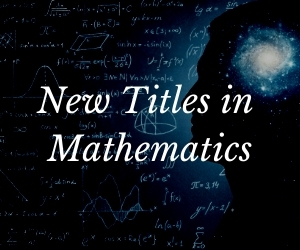System Upgrade on Tue, May 28th, 2024 at 2am (EDT)
Existing users will be able to log into the site and access content. However, E-commerce and registration of new users may not be available for up to 12 hours.For online purchase, please visit us again. Contact us at customercare@wspc.com for any enquiries.
This book provides a clear, understandable, and motivated account on the subject that spans both conventional and modern materials about discrete event systems, material that, up to now, has been presented in the literature in different fields, such as the graph theory, the probability theory, the automata's theory, and the queueing theory. The book gives a complete introduction to the discrete-event system theory and simultaneously applies the theory to practical problems. The book gives students of computer sciences, system sciences, and of electrical engineering, a clear, unambiguous, and relevant account of discrete-event systems. Numerous illustrations are included for better understanding. Problems as well as their solutions are included in each chapter. It can be used as a basic introduction for undergraduates and graduate students. Although it is logically self-contained, it presupposes the mathematical maturity acquired by students with two years of calculus.
Sample Chapter(s)
Chapter 1: Automata's Theory: An Elementary Approach (1,716 KB)
Contents:
- Automata's Theory: An Elementary Approach
- Automata's Theory: An Algebraic Approach
- Non-deterministic Automata's Theory
- Markov's Chains
- Elementary Queueing Theory
- Queueing Networks
- Subject Index
Readership: Undergraduates in applied mathematics, computer science and electrical engineering.

























